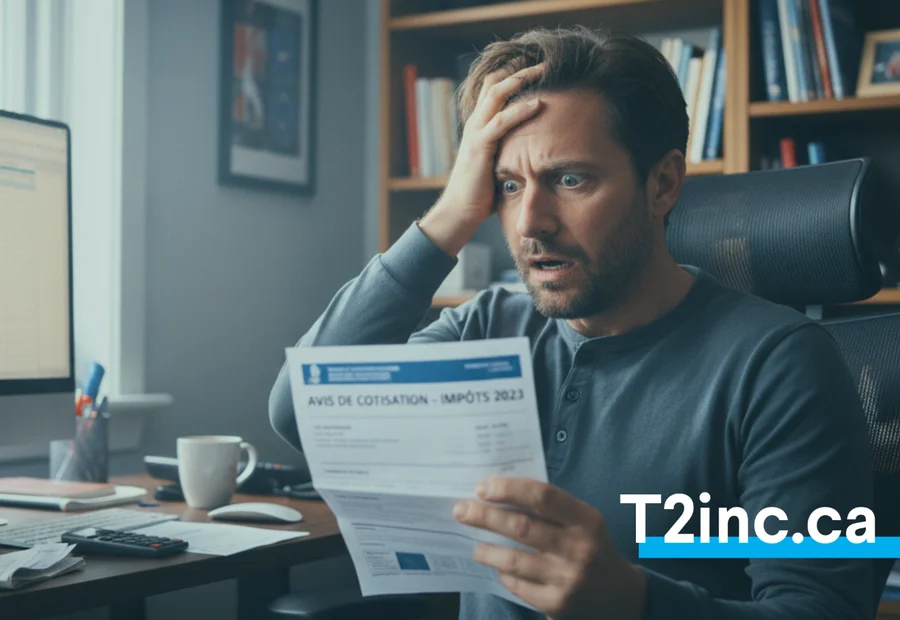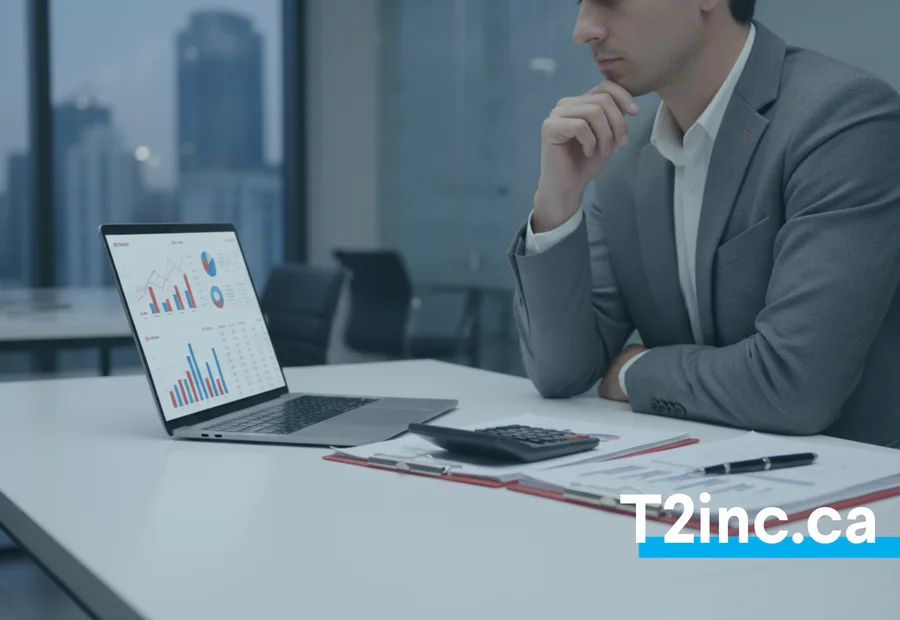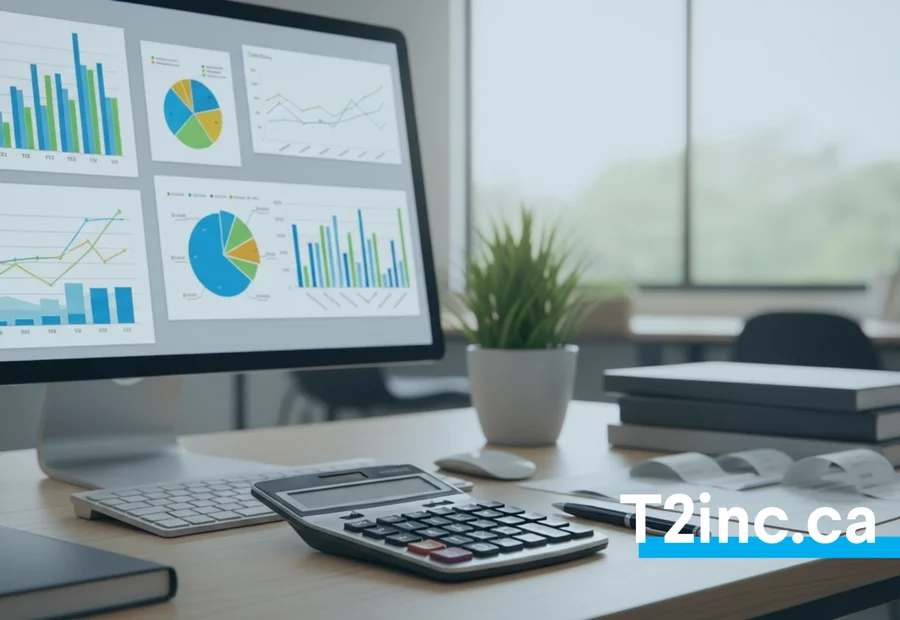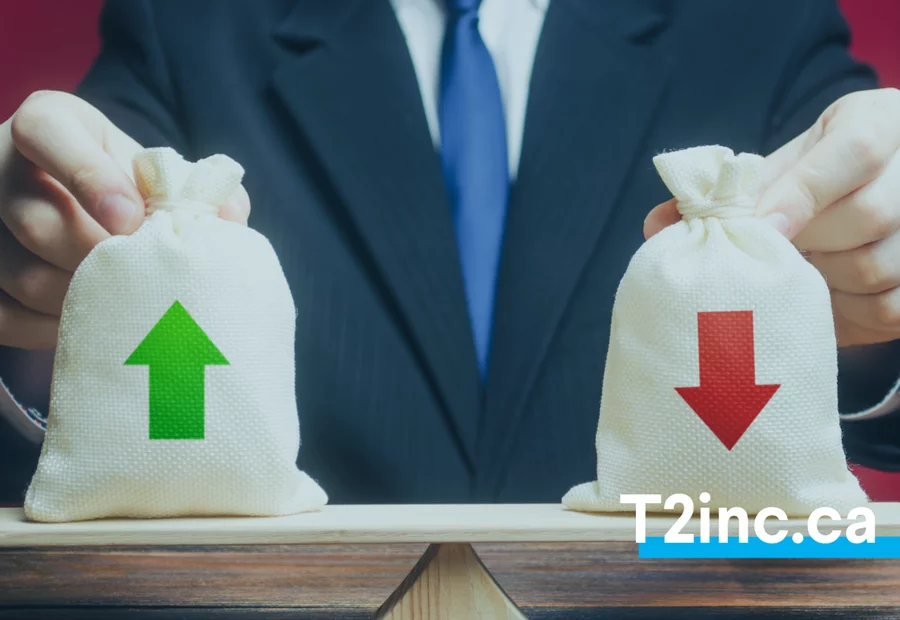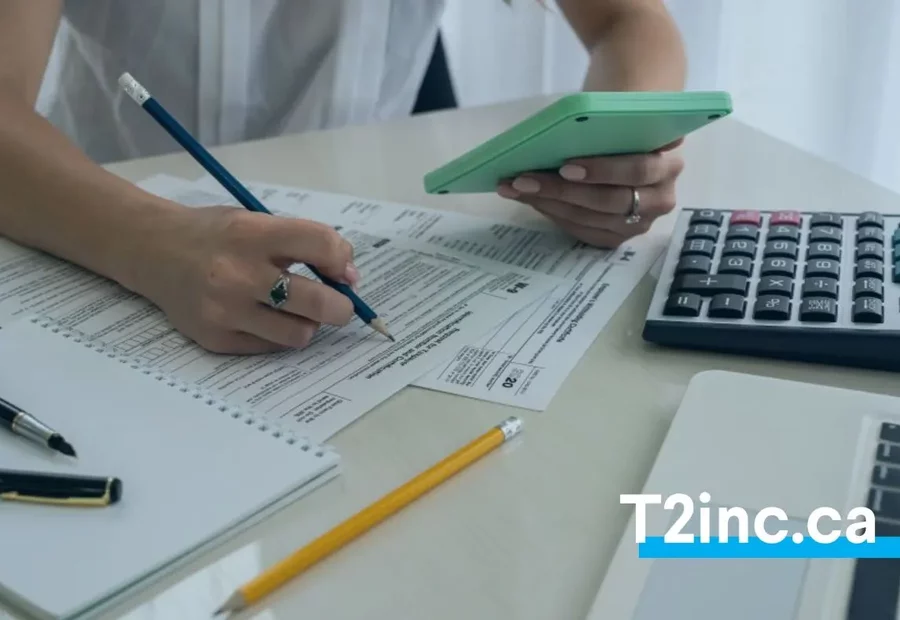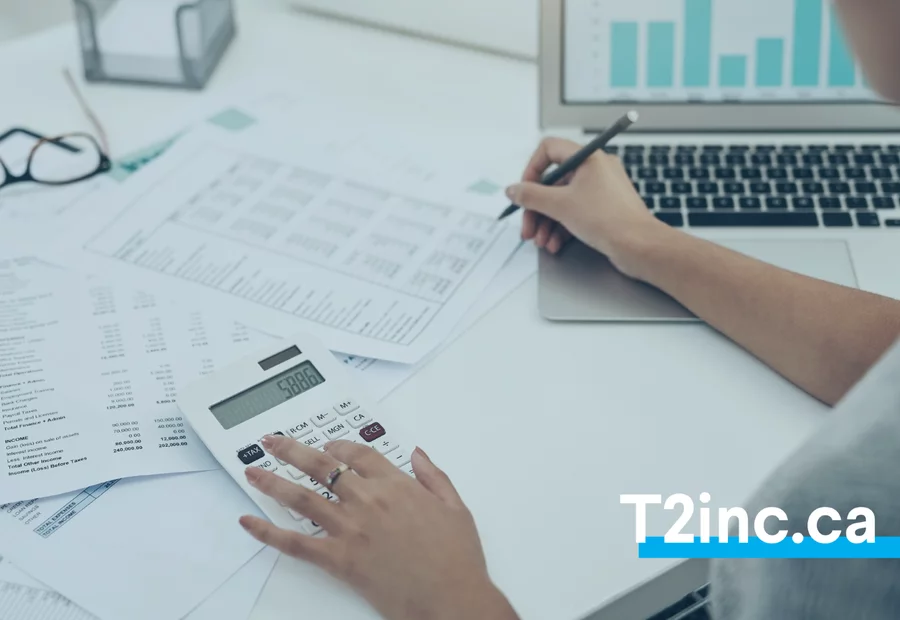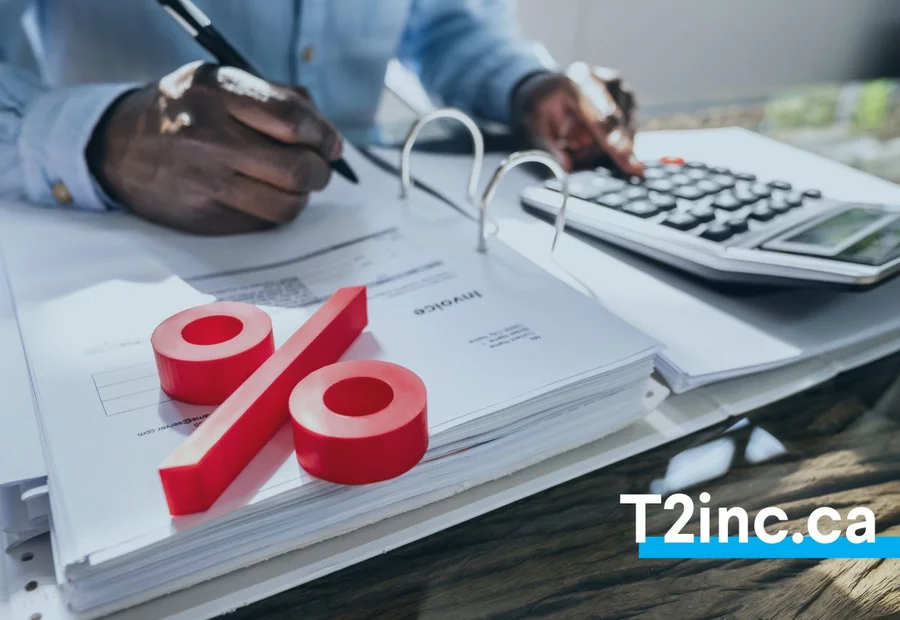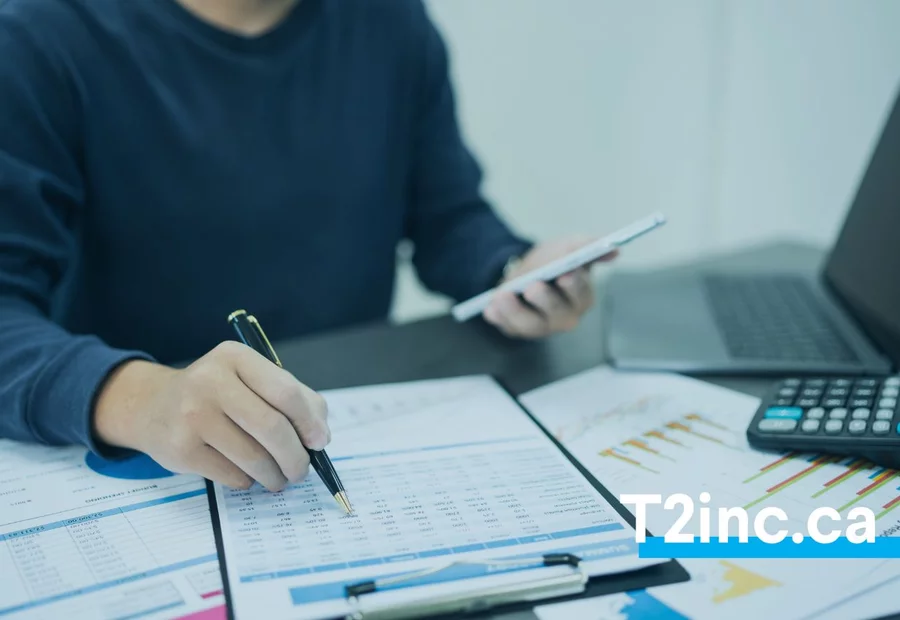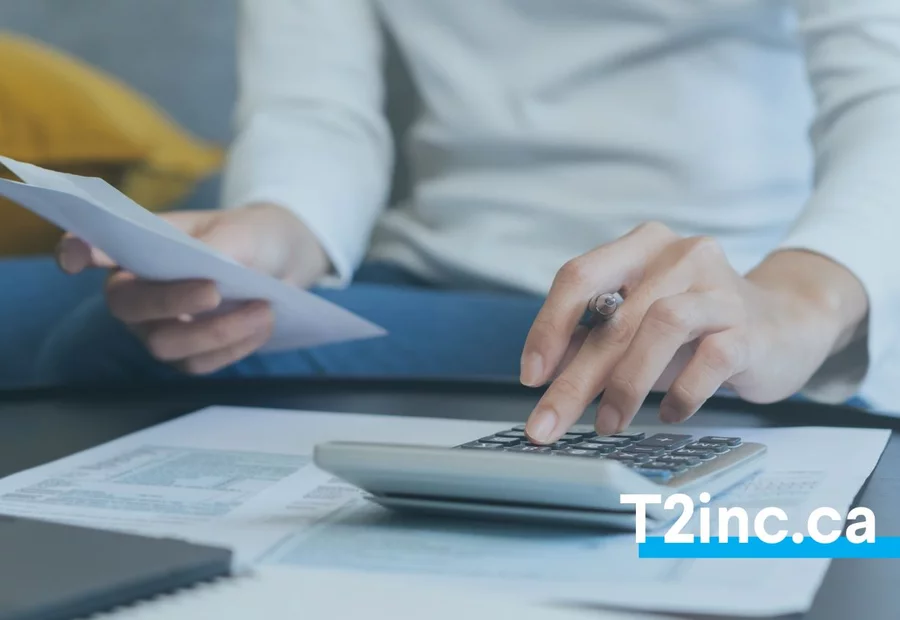Enter the world of accounting and taxation with T2inc.ca
At T2inc.ca, we share a passion for the Canadian accounting and tax landscape! Don't miss any of our articles and learn how to optimize your accounting and tax practices to ensure the success of your business.
To stay informed, sign up for our free newsletter!
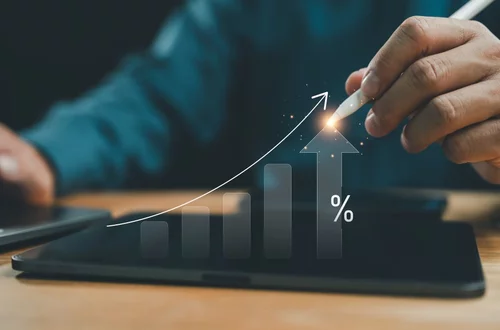
Discover all the T2inc.ca articles
The best content from our team
Need more help?
Contact us by filling out our form
Are you interested in our services, but would like more information before taking the plunge? Contact us today and one of our tax accountants will be in touch to help you.
At T2inc.ca, we're committed to helping business owners manage their company's tax affairs so they can grow their business.



